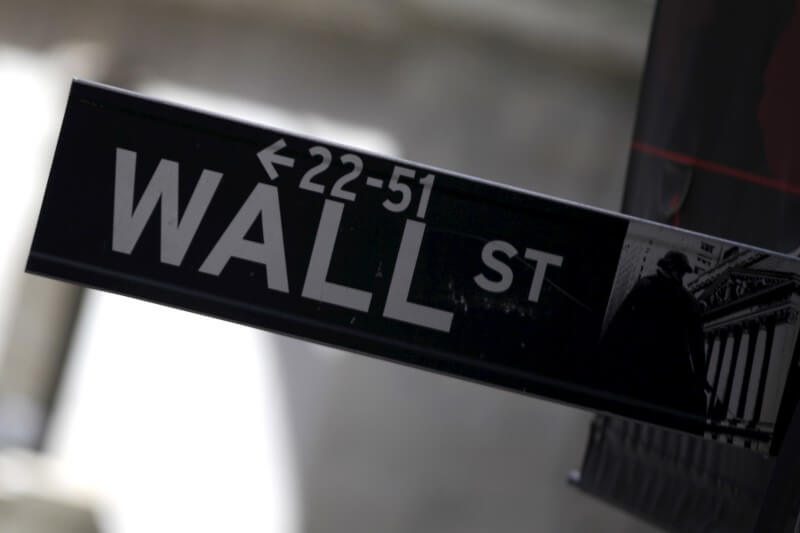By David Henry
NEW YORK (Reuters) – Wall Street analysts who cover big banks will endure a long night on Thursday, when a barrage of data will show how well the largest U.S. financial institutions can stand up under stress. The crunch will start at 4:30 p.m. EDT when the U.S. Federal Reserve will release the first of two sets of results from the banks’ annual stress tests. Minutes later, more numbers will rain down when banks disclose how they scored themselves. As the night drags on, the analysts will see vote counts from Britain’s referendum on whether to leave the European Union. The referendum is important to banks like JPMorgan Chase & Co “It is going to be all hands on deck,” said Barclays bank analyst Jason Goldberg, who postponed his 11-year-old son’s birthday dinner to focus on the stress test scores.
Analysts like Goldberg will sort through the scores for clues about how much excess capital the banks have according to regulators, who have overseen the strengthening of lenders’ balances sheets since the financial crisis. Test results are important to investors who want to see the banks return more capital. Goldberg expects the Fed to continue a trend of permitting gradual increases in payouts, with dividends and buybacks rising this time to 80 percent of profits from 75 percent last year. It is difficult enough to use the annual data dumps to figure out which banks will probably be allowed to use as much capital for payouts as the market expects. That will come after the second test, which banks can actually fail. This time the outcome of the British referendum may make their analyses moot as far as Friday’s stock prices go. Keefe, Bruyette & Woods analysts estimated last week that a decision to leave could reduce 2017 earnings per share by 6.7 percent for JPMorgan, 7.9 percent for Goldman Sachs Group Inc The KBW Bank Index <.BKX> fell earlier this month as polls showed an increasing chance of a “Brexit.” As of Monday, it was still down nearly 6 percent since May despite surveys over the weekend that indicated a shift in support for remaining in the EU. “If they vote to remain, the stocks are going to rally,” said Nomura analyst Steven Chubak. “I am still going to be focused on (the stress test).”
SPREADSHEET WOES
The results on Thursday will be from DFAST, the Dodd-Frank Act stress testing exam required by the financial reform law from 2010. The scores for the 33 banks will give hypothetical levels of capital that would be left if they were subjected to certain economic and market stresses and did not take any funding actions. The Fed administers DFAST in conjunction with its own stress test, called the Comprehensive Capital Analysis and Review. The CCAR results will be released on June 29 and will feature pass or fail grades for the banks’ capital management and payout proposals. This is the fifth year that bank analysts have geared up for the hypothetical DFAST findings, which come during anxiety over real stress. The Brexit vote, some traders have said, could make Friday the most volatile day in foreign exchange markets since the sterling crisis of 1992. Barclays’ Goldberg said he and three associates would work the DFAST numbers to produce a clean report before dawn. Whether Brexit results come soon enough to influence his comments remains to be seen. A hazard for analysts is that the Fed has failed at least one bank each year for “qualitative” flaws in capital management. For example, in 2014 the Fed rejected Citigroup Inc’s bid Analysts have found they cannot accurately predict Fed rejections over the quality of capital management.
Goldberg said: “You hold your breath on these qualitative fails.”
(Reporting by David Henry in New York; Editing by Lauren Tara LaCapra and Lisa Von Ahn)
Bank analysts to face real and imagined stress on Thursday

By David Henry














